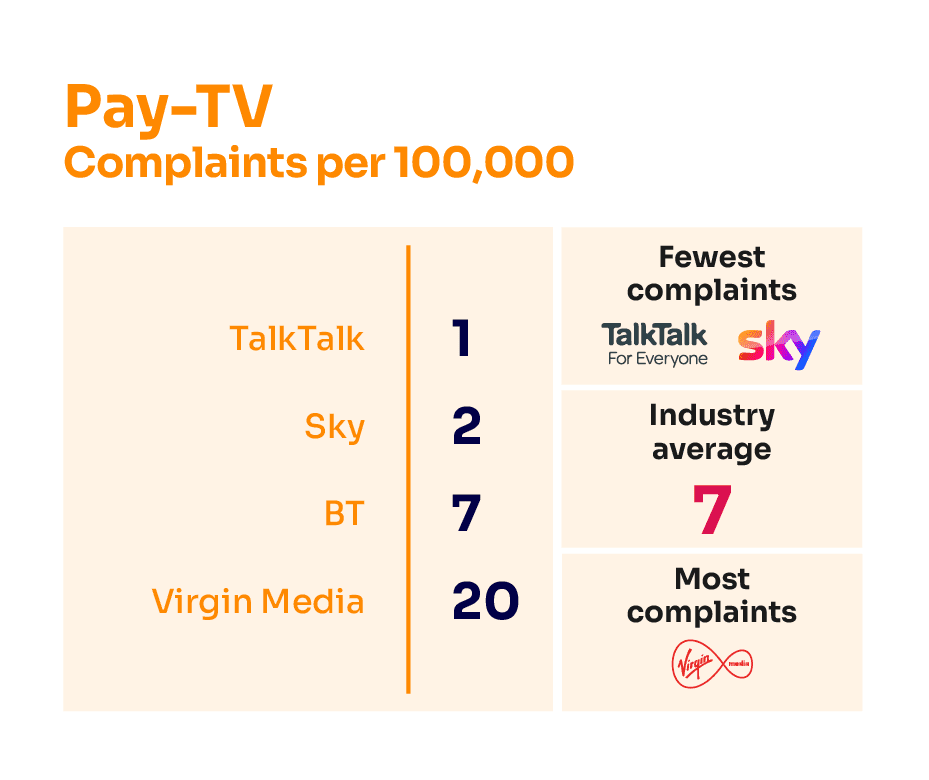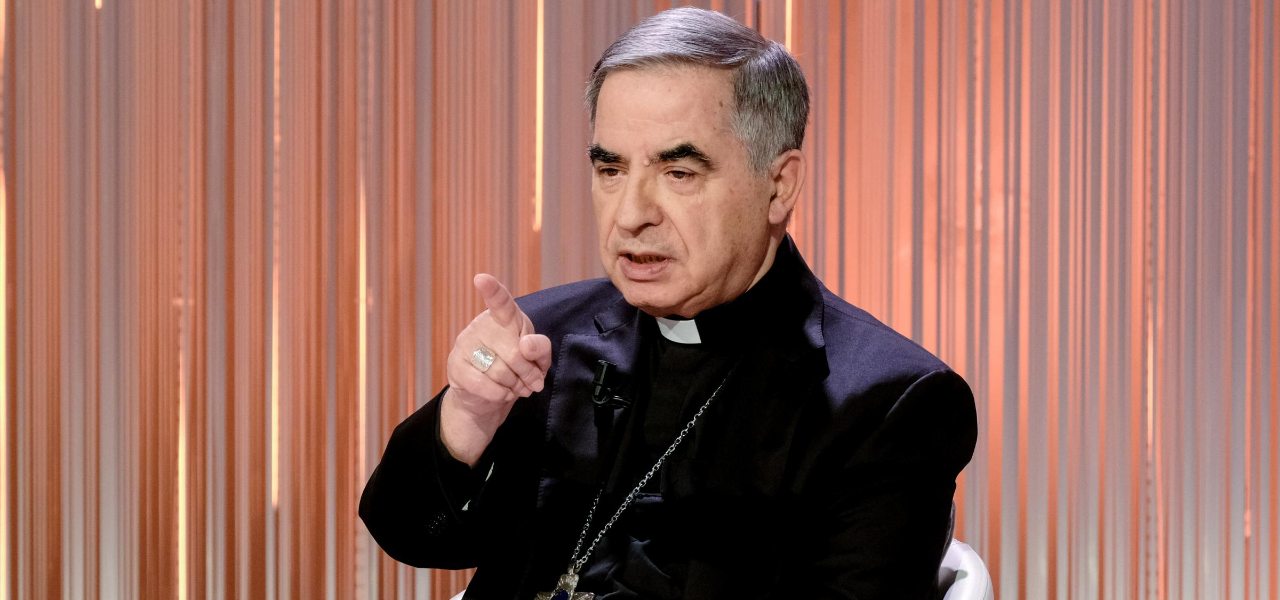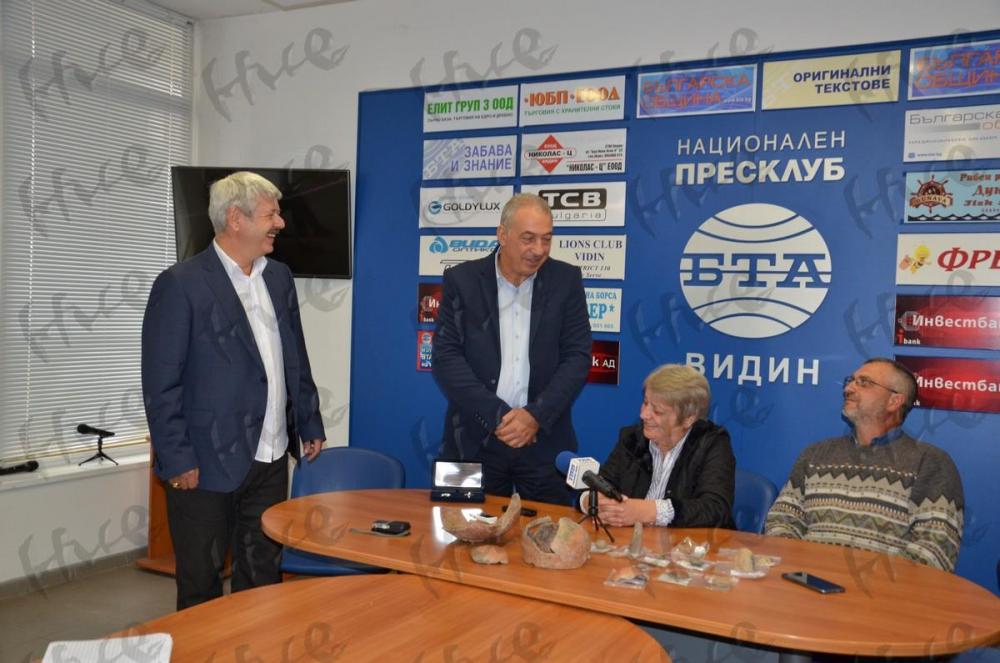FTC's Case Against Meta: The Instagram And WhatsApp Antitrust Battle

Table of Contents
Meta's Acquisition of Instagram and WhatsApp: A Timeline of Events
The FTC's case hinges on Meta's acquisitions of two social media giants: Instagram and WhatsApp. Understanding the timeline of these acquisitions is crucial to grasping the core of the antitrust allegations.
The Instagram Acquisition (2012)
In April 2012, Facebook (now Meta) acquired Instagram for a staggering $1 billion. At the time, Instagram, though relatively young, was experiencing explosive growth, posing a potential threat to Facebook's dominance. Facebook's justification for the acquisition centered on integrating Instagram's photo-sharing capabilities into its existing platform and expanding its mobile strategy.
- Key Dates: Acquisition announced April 9, 2012; deal finalized later that year.
- Market Share at the Time: While Facebook held a dominant market share, Instagram's rapid growth indicated its potential to become a serious competitor.
- Competitor Reactions: The acquisition raised concerns among competitors and analysts, highlighting the potential for reduced competition in the photo-sharing and social media markets.
The WhatsApp Acquisition (2014)
Two years later, in February 2014, Facebook acquired WhatsApp for a staggering $19 billion. WhatsApp, with its focus on messaging and its massive user base, represented another significant player in the digital communication space. Again, Facebook emphasized the strategic value of the acquisition, highlighting its potential to enhance its messaging capabilities and expand its global reach.
- Key Dates: Acquisition announced February 19, 2014; deal finalized later that year.
- Market Share at the Time: WhatsApp already boasted a massive global user base, making it a significant player in the mobile messaging market.
- Competitor Reactions: Similar to the Instagram acquisition, concerns were raised about the potential impact on competition within the mobile messaging and broader communication sectors.
The FTC's Concerns
The FTC argues that both acquisitions were anti-competitive, stifling innovation and reducing consumer choice. The central argument is that Meta, by eliminating potential competitors, consolidated its power and created a near-monopoly in the social media and messaging landscape.
- Specific allegations of anti-competitive behavior:
- Eliminating potential rivals that could have challenged Facebook's dominance.
- Hindering the development of innovative features and services.
- Creating barriers to entry for new competitors.
The FTC's Arguments and Evidence
The FTC's case rests on several key arguments supported by substantial evidence.
Stifling Competition
The FTC contends that Meta's acquisitions directly eliminated potential competitors, limiting consumer choice and innovation. They argue that both Instagram and WhatsApp possessed the potential to grow into major social media platforms that could rival Facebook. The elimination of these potential competitors solidified Meta's already substantial market dominance.
- Examples of potential competitors eliminated or marginalized: The FTC likely points to the loss of independent development and growth trajectories of Instagram and WhatsApp as evidence of stifled competition.
Network Effects and Market Dominance
A crucial aspect of the FTC's argument is the leveraging of network effects. Facebook's massive user base created a powerful network effect, where the value of the platform increased exponentially with the addition of each new user. The FTC argues that Meta used this existing network effect to absorb and neutralize potential rivals, solidifying its market dominance.
- Explanation of network effects: The more users a platform has, the more valuable it becomes, attracting even more users.
- Evidence of market dominance in social media: Meta's significant market share in various social media sectors is central to the FTC's argument.
Harm to Consumers
The FTC argues that Meta's actions have directly harmed consumers through reduced innovation, limited choice, and potential data privacy concerns. While the harm isn't necessarily in the form of directly increased monetary prices, the lack of competition leads to a less dynamic and innovative market.
- Specific examples of alleged harm to consumers: Slower innovation in features, less choice in social media platforms, and potential concerns about data privacy due to the consolidation of user data across Meta's platforms.
Meta's Defense and Counterarguments
Meta, naturally, vehemently denies the FTC's allegations. Its defense rests on several key counterarguments.
Innovation and Consumer Benefits
Meta argues that the acquisitions of Instagram and WhatsApp have led to significant innovations and benefits for consumers. They point to the integration of features across platforms, improved user experiences, and the expansion of services as evidence of positive outcomes.
- Specific examples of innovations and benefits cited by Meta: Integration of messaging features, improved photo-sharing capabilities, and expansion of global reach.
Competitive Landscape
Meta contends that the social media market remains highly competitive, with several significant players vying for users. They point to the existence of platforms like TikTok, Twitter (now X), and Snapchat as evidence of a vibrant competitive environment.
- Examples of competing platforms and their market share: Meta's defense likely highlights the market shares and growth of various competing platforms to challenge the notion of a monopoly.
Due Process and Procedural Arguments
Meta might also raise procedural arguments, challenging the FTC's legal standing or the process of the investigation itself.
- Examples of procedural challenges: Arguments about the FTC's jurisdiction or the fairness of the investigation process.
Potential Outcomes and Implications
The outcome of the FTC's case against Meta carries significant implications for the tech industry and beyond.
Potential Remedies
Several potential outcomes exist, including:
- Divestiture: Meta could be forced to divest itself of Instagram or WhatsApp, effectively breaking up its holdings.
- Fines: Meta could face substantial financial penalties.
- Behavioral Remedies: Meta might be required to change its acquisition practices or business conduct.
The implications of each outcome would significantly impact Meta's market position and the competitive landscape.
Impact on Future Acquisitions
The case's outcome will heavily influence future acquisitions in the tech industry, likely leading to increased regulatory scrutiny and potentially stricter antitrust enforcement.
Implications for Data Privacy
The case could indirectly influence data privacy discussions and regulations. Antitrust concerns often intersect with data privacy concerns, as dominant companies can leverage vast amounts of user data.
Conclusion: The Future of FTC's Case Against Meta and Antitrust in Tech
The FTC's case against Meta represents a pivotal moment in the ongoing debate surrounding antitrust enforcement and regulation in the tech sector. Both sides present compelling arguments: the FTC highlighting concerns about monopolies and stifled competition, and Meta emphasizing innovation and consumer benefits. The potential outcomes are significant, with the potential to reshape the social media landscape and set a precedent for future tech acquisitions. Stay informed about the ongoing developments in the FTC's Case Against Meta and join the conversation using #MetaAntitrust #FTCvsMeta #TechRegulation. Your voice matters in shaping the future of tech.

Featured Posts
-
 Russias Spring Offensive A Weather Dependent Endgame
Apr 30, 2025
Russias Spring Offensive A Weather Dependent Endgame
Apr 30, 2025 -
 Police Watchdogs Ofcom Complaint The Chris Kaba Panorama Episode
Apr 30, 2025
Police Watchdogs Ofcom Complaint The Chris Kaba Panorama Episode
Apr 30, 2025 -
 Understanding The Gangs Of London Fact Vs Fiction In The Sky Series
Apr 30, 2025
Understanding The Gangs Of London Fact Vs Fiction In The Sky Series
Apr 30, 2025 -
 Becciu E La Papa Card Riflessioni Sulle Preghiere E Il Futuro
Apr 30, 2025
Becciu E La Papa Card Riflessioni Sulle Preghiere E Il Futuro
Apr 30, 2025 -
 Zaschita Na Kulturnoto Nasledstvo Kmett Na Khisarya Nastoyava Za Restavratsiya Na Trakiyski Khramove
Apr 30, 2025
Zaschita Na Kulturnoto Nasledstvo Kmett Na Khisarya Nastoyava Za Restavratsiya Na Trakiyski Khramove
Apr 30, 2025
